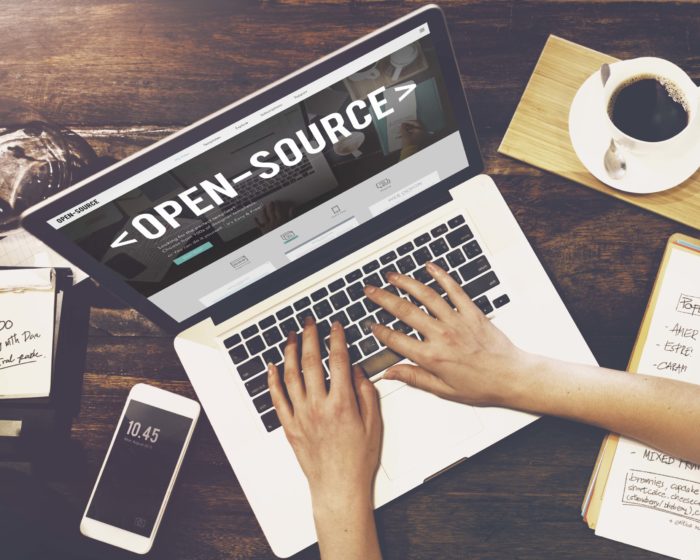By Abdul Mohamed . Originally posted on LinkedIn
I recently attended the eLearning Africa conference in Kigali: the largest and longest Africa focused digital learning gathering.
However, within an hour of entering the venue, I was surprised to find that most of the EdTech solutions on display were foreign. This observation was unsettling, a disappointment that many other attendees also commented on. I ran the numbers, nearly 80% of the 51 EdTech solutions on display were foreign.
What stung most, and sparked this piece, was that many of foreign EdTech solutions seemed to show little care for adapting their solutions to the needs of African learners.
- A digital classroom solution provider demoed their product, which was completely in German
- Another eLearning product boasted about their 3,000+ courses, of which 60%+ are taught in German
If curious, yes, there are German speaking Africans. 0.001% of Africa’s 1.3B citizens speak German.
Continue reading “Decolonizing EdTech in Africa: picking local EdTech solutions over foreign solutions”

